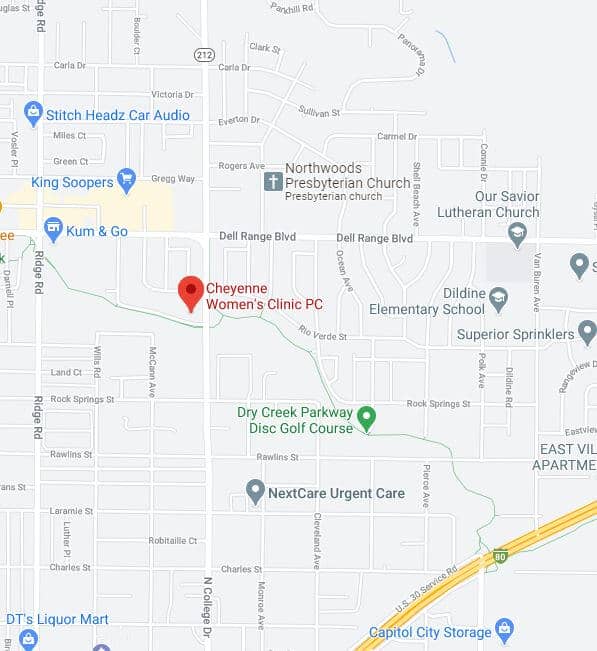
Thinking About Sterilization? Here’s What to Know
If you don’t want to get pregnant in the future, you or your partner may consider sterilization as a permanent form of birth control. Many of my patients like having control over this decision and not having




